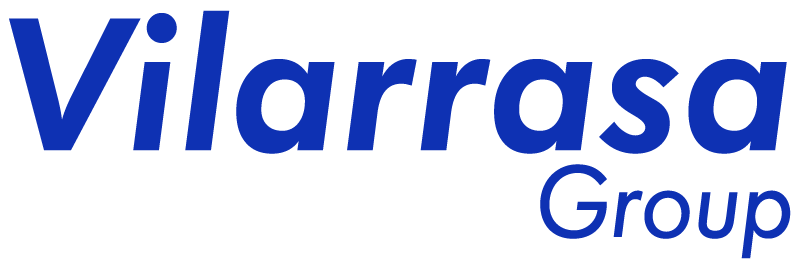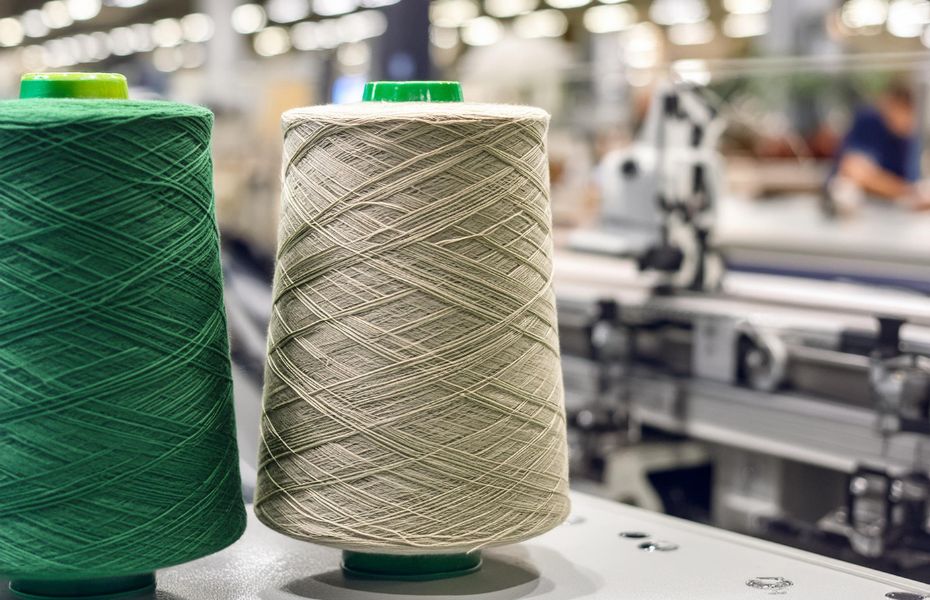In recent years, there has been an increase in companies looking to reduce their ecological footprint and create products with added value. One way to achieve this is by adopting recycled yarn for its great advantages instead of using conventional yarn.
If your company is considering adopting recycled yarn in its production, here are some key aspects to keep in mind:
1. Evaluation of the supply chain
Before making any changes, it is essential to evaluate the company’s current supply chain. Where are the materials sourced from? How are they transported? What is their environmental impact? Identifying areas for improvement and potential suppliers of recycled yarn is the first step toward a successful transition.
You must ensure that the suppliers comply with recognized quality and sustainability standards and that the production process is transparent and responsible.
2. Compatibility with existing production processes
Evaluate if the recycled yarn is compatible with your company’s current production processes. You may need to make some technical adjustments to work with this material efficiently.
Additionally, adopting recycled yarn requires a firm commitment from the company’s top management. This involves allocating resources, setting clear goals and objectives, and communicating the importance of sustainability at all levels of the organization.
3. Training and educating staff
It is important to train staff on the characteristics and handling of recycled yarn. This will allow them to work with the material safely and effectively, ensuring the quality of the final product.
4. Choosing the right type of yarn
There is a wide variety of types of recycled yarn, each with its own characteristics and applications. It is important to select the right type of yarn for your specific needs, considering factors such as composition, color, texture, and performance. At Vilarrasa Group, our team can advise you in identifying your aesthetic and technical needs.
5. Evaluating quality and performance
Before making the complete transition, it is important to conduct thorough tests to evaluate the quality and performance of recycled yarn compared to conventional yarn. This will ensure that the final product meets the company’s standards and customer expectations.
6. Sustainability certifications
Obtain recognized sustainability certifications for your products made with recycled yarn. This will demonstrate your commitment to the environment and give you a competitive advantage in the market.
7. Monitoring and evaluation
It is important to monitor and evaluate the impact of adopting recycled yarn in your company. This will allow you to identify areas for improvement and continuously optimize the production process.
8. Communicating with customers
Once the transition is complete, it is crucial to communicate this change to customers and the market in general. Highlighting the environmental benefits of recycled yarn and how the company is contributing to a more sustainable future can be a key point of differentiation and an opportunity to strengthen the brand.
Adopting recycled yarn in textile production is not only feasible but also highly beneficial for both the environment and the company. By following these key steps and committing to sustainability, companies can pave the way toward a greener and more responsible future for the industry.
At Vilarrasa Group, we are experts in manufacturing high-quality recycled yarn and are committed to helping companies adopt this material successfully.


